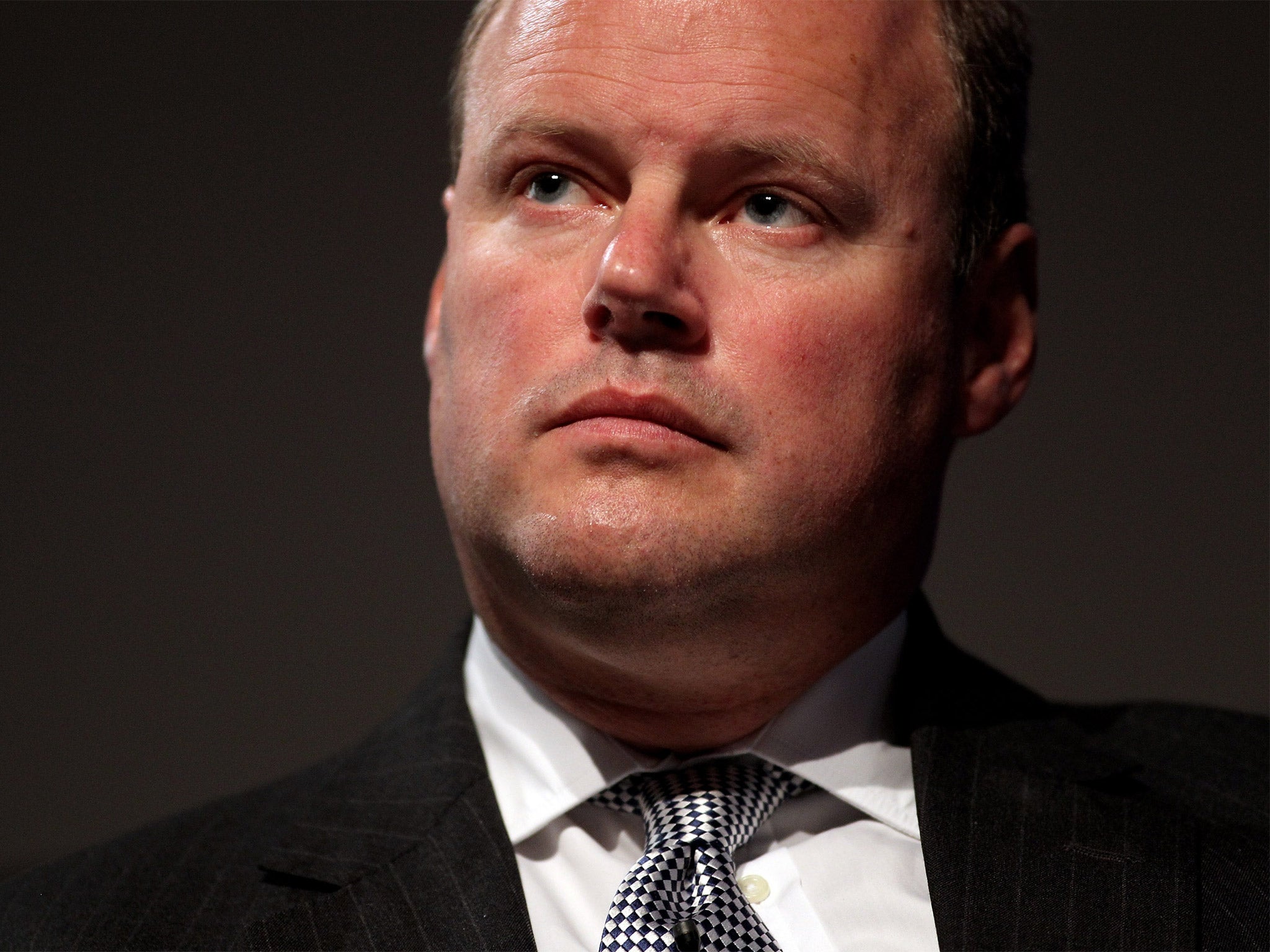Call to ban 'perverse incentive' of vast share awards for bosses
So-called L-tips, which have become standard across Britain’s large quoted firms in recent decades, create “perverse incentives”

Your support helps us to tell the story
From reproductive rights to climate change to Big Tech, The Independent is on the ground when the story is developing. Whether it's investigating the financials of Elon Musk's pro-Trump PAC or producing our latest documentary, 'The A Word', which shines a light on the American women fighting for reproductive rights, we know how important it is to parse out the facts from the messaging.
At such a critical moment in US history, we need reporters on the ground. Your donation allows us to keep sending journalists to speak to both sides of the story.
The Independent is trusted by Americans across the entire political spectrum. And unlike many other quality news outlets, we choose not to lock Americans out of our reporting and analysis with paywalls. We believe quality journalism should be available to everyone, paid for by those who can afford it.
Your support makes all the difference.Company boards should abolish the practice of offering vast share awards to their chief executives, the High Pay Centre think-tank urges in a major report.
It argues that so-called long-term incentive plans (L-tips), which have become standard across Britain’s large quoted firms in recent decades, for executives, encouraging them to use surplus corporate funds for share buybacks (which boost the stock price) rather than investing to expand the business over the longer term.
The call comes as investor frustration over excessive executive pay is bubbling up again – three years after the first “shareholder spring”. Last week a third of investors at the insurer RSA’s annual meeting refused to back the pay plan for its chief executive, the former Royal Bank of Scotland CEO Stephen Hester.
The High Pay Centre report points to the fact that L-tip payments to FTSE 350 directors ballooned by more than 250 per cent between 2000 and 2013, roughly five times as fast as returns to shareholders over the same period. It found no discernible link between L-tip payments to executives and shareholder returns.
The High Pay Centre’s founding director, Deborah Hargreaves, said: “Performance-related pay has failed on its own terms. It doesn’t encourage or reward good business performance. The only effect it has is to make executive pay packages more complex, less aligned with the interests of the company, and much, much bigger.”
The abolition of L-tips, which now constitute the lion’s share of the pay of many top executives, forms the centrepiece of the report’s proposals. Other radical recommendations are to abolish “golden hello” joining bonuses for new executives, and to pay bonuses in cash only to prevent executives benefiting from takeover bids. It also says remuneration targets should be based on productivity rather than earnings per share. Finally, it advocates a shake-up of companies’ remuneration committees, which decide compensation, to make them more diverse and less ridden with conflicts of interest.
Members of the committee that oversaw the centre’s report included Simon Walker, the director-general of the Institute of Directors, and David Pitt-Watson, formerly of Hermes Fund Managers. Also on the committee was Duncan Brown, formerly of outsourcer Aon Hewitt.
Investors have been voting against pay deals across a range of sectors in recent weeks. A fifth of BG investors rebelled against the pay deal awarded to chief executive Helge Lund which could be worth up to £25m. And last month Aviva was forced to reduce the long-term incentive plan offered to its chief executive, Mark Wilson, after shareholder objections.
However, only one management pay plan has so far actually been struck out by shareholders, using the new legislation enacted by the Coalition in 2013. In May last year the management of the FTSE 250 engineer Kentz lost a binding vote on pay.
L-tips were used by about 90 per cent of FTSE 100 companies in 2013, up from about 30 per cent in the mid-1990s. Since the turn of the Millennium the average value of L-tip payments to FTSE 100 lead executives has risen from 40 per cent of pay to more than 200 per cent.
Join our commenting forum
Join thought-provoking conversations, follow other Independent readers and see their replies
Comments